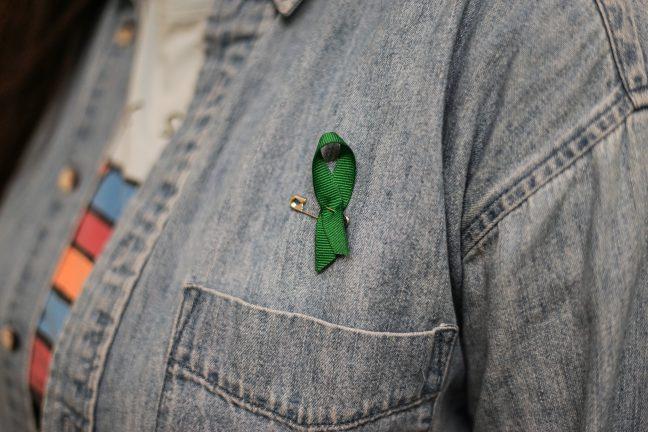In the wake of midterm season, WUD Politics and Society hosted University of Wisconsin associate professor Jack Nitschke from the department of psychiatry and psychology to discuss mental health and brain functions.
Inspired by how midterm stress affects the brain, Tanvi Tilloo, associate director of WUD Politics and Society, said she felt it was important to have a speaker on this topic.
Nitschke is trained in clinical psychology and focuses on talking about the brain in psychotherapy with his patients. During his lecture, he focused on relevant student health issues, but also expanded on the science of brain functions such as neural plasticity and neural connections.
This complicated science can be applied to every student, Nitschke said.
“Whatever it is you spend your time doing, the brain is supporting you getting better at it,” Nitschke said.
This is evident in studying for classes and practicing an instrument, which are positive activities that strengthen neural connections, Nitschke said. But, this is also true for excessive worrying where if the brain repeats this enough, the connections will become stronger — leading to anxiety.
Nitschke added that when it comes to making neural connections, the brain can’t prioritize good habits from ones that are damaging. Both could remain for the rest of your life.
The brain makes over 700 new neurons in the brain everyday, and getting exercise and adequate sleep will help preserve those neurons, Nitschke said. Several studies that hae been completed on rodents living in stimulating or unstimulating environments which measured neuron loss, have backed this claim, he added.
He stressed that while it depends on the person, getting outside and going to class can be a good thing for those who are struggling with mental health issues.
According to the National Institute of Mental Health, anxiety is the most common mental health disorder in the United States, affecting almost one-third of both adolescents and adults. Nitschke referenced a recent New York Times article that pointed to social media being harmful to teens self image and everyday life.
“It’s a vicious cycle,” Nitschke said. “While it may be an escape from other stressors, we need to approach things that make us anxious in life and find a way to work with it.”













